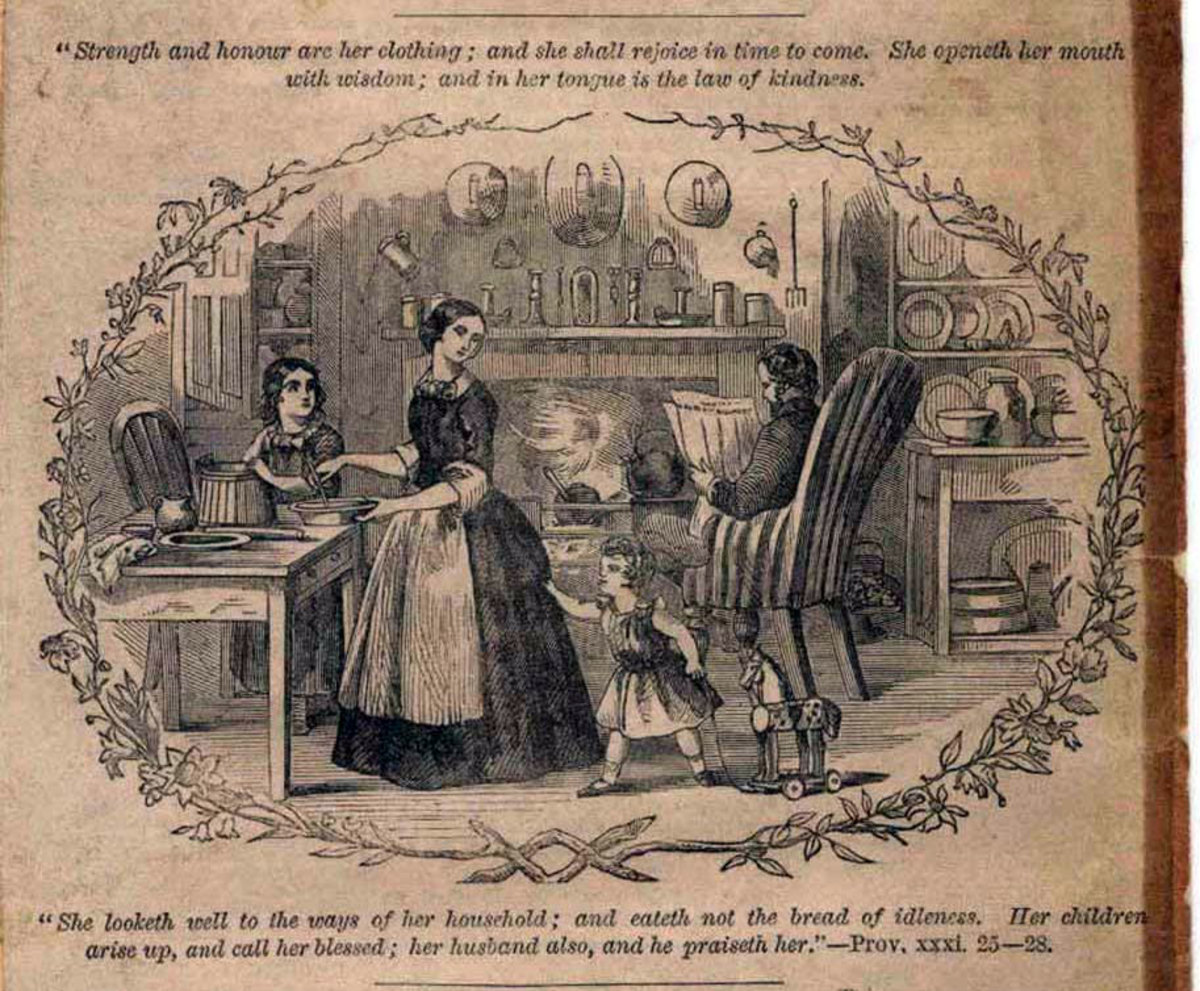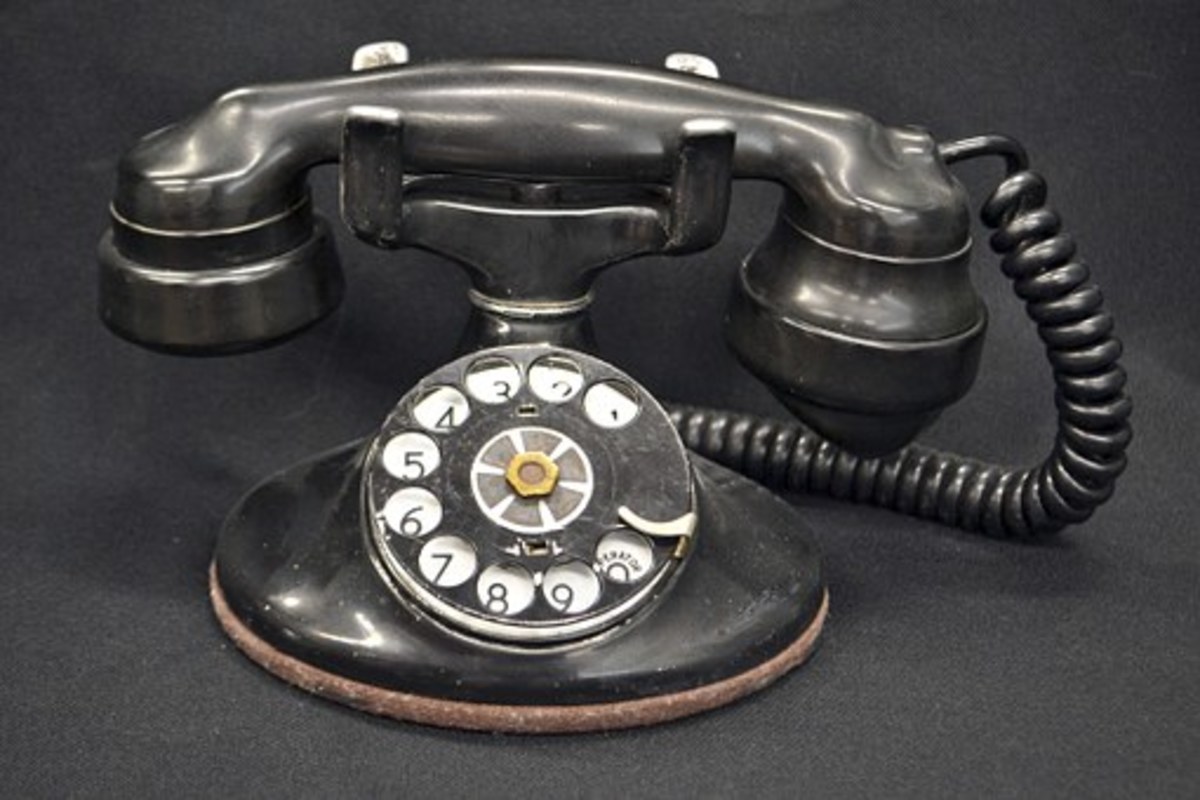Osama Bin Laden -- How his death affected us
Which side are you on?
On May 1, 2011*, Osama bin Laden was killed during a raid on his compound near Islamabad, Pakistan by U.S. Navy SEALS. For 10 years after the destruction of the World Trade Center and the deaths of nearly 3,000 people, maybe more when collateral deaths are counted, bin Laden was feared and hunted as the most dangerous man in the world. One news source described the effects of his death as a “psychological lift.” Most Americans celebrated, but not all were pleased by his death. Or so I discovered.
A few days after the announcement, I walked into my office and was greeted by several excited temporary employees. “Tiffany got a letter published in the Letters to the Editor,” one said to me. Tiffany (not her real name) was a fresh college graduate and was working as a proofreader with us while she waited on a teaching job.
“That’s great,” I answered. I had worked previously as a copy editor for the same newspaper, and the few times I saw my byline in it gave me a good feeling. Good for Tiffany! Then I read Tiffany's letter, and I can’t say how surprised I was. She was coming down on people for celebrating bin Laden’s death. She gave no logical arguments for her feelings like “I’m a pacifist” or “killing is against my religion.”
She stated that the death of this terrorist-genius was no cause for celebration. It is her right as a United States citizen to express her opinion. After all, isn’t that one of the reasons the government says our military troops are fighting in the Middle East – to protect our freedom? And is not freedom of speech one of our fundamental freedoms? But her letter ended in a whining tone: “We killed him, so we’re no better than he is .... His death does not make me feel good at all.”
To me it was ironic to try to balance an old platitude against national security and the lives of millions of people. I responded with a grunt to anyone else who mentioned the letter that day. I tried to understand Tiffany's feelings. You see, this woman was only 10 or 11 years old when the Twin Towers fell down, and she had not personally experienced or understood the horror we felt that fateful day as we sat glued to the office television set. In the days that followed her letter, the newspaper published at least two more letters expressing the same opinion, so she was not alone. However, the majority of the letters published by the newspaper expressed relief that the world was rid of this so called “genius terrorist” leader and hoped that no one would rise to fill his shoes.
The attack struck close to home to me. While I did not know anyone personally who died, I went to school with the father of Sara Low, one of the flight attendants of Flight 11. I never had the honor of meeting Sara personally, but from what I have been told, she was an exceptional person. I have never lost a child, so I can’t relate to her parents’ grief, but I can relate to the grief of Sara’s sister from the loss of my only sister at age 30. Sara was 28 and in the prime of her career. I can also relate to the grief in general that this death caused her family. Now multiply that grief by 2,795 and say you can’t feel good about the death of the man who caused all this misery. I get cold shivers.
In trying to understand this young letter writer and the others who share her opinion, I think of executions of other terrorist leaders, and they give me shivers, too. Take the hanging of Saddam Hussein, for example. Hanging isn’t the easiest way to die, but neither is it the worst way. I’ll admit I flinched when I heard he was hanged. But when I read the gory details of the war crimes and horrors against his own people and how he had taught his sons to follow in his footsteps, I am convinced that justice was done. I feel the same way about the death of bin Laden.
I do wonder, however, what this terrorist, this killer of thousands of humans, was thinking when he realized his life was about to end. In his final moments did he eagerly anticipate Allah’s reward for martyrdom, the 72 virgins and an eternal erection, or did he have enough humanity left to feel the same fear and terror that his victims felt in their last moments?
__________________________________
*I have seen the dates listed in some accounts as May 1 and in others as May 2. Perhaps this has to do with the time zone in which each account was written.






